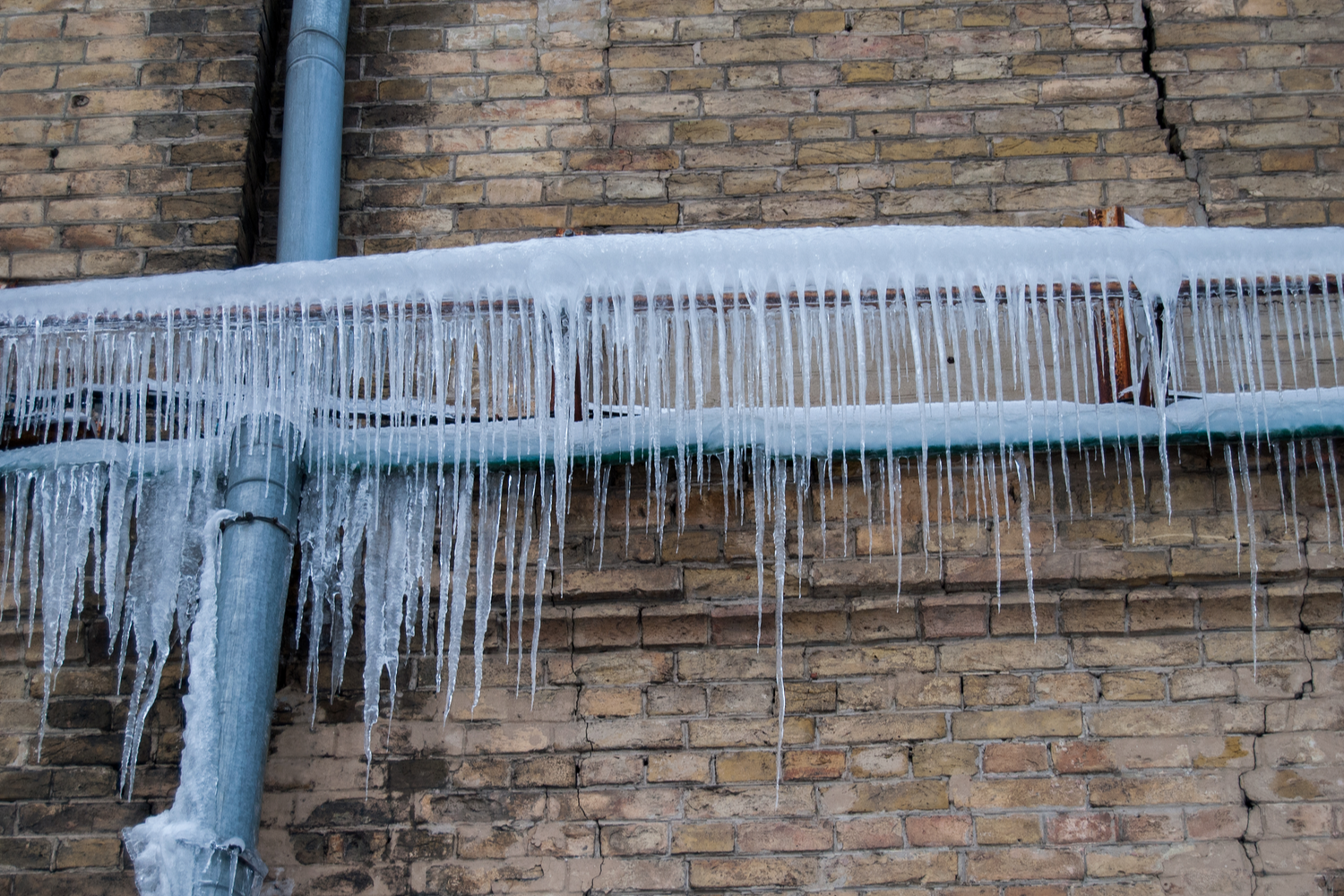If you live in a part of the country where freezing temperatures are a part of daily life during the winter months, you need to understand how to prevent burst pipes, especially during a deep freeze. Each winter, homeowners are crippled with millions of dollars in water damage to their homes and businesses. As much as 50 gallons of water per hour can be released from the average ½” water pipe.
To put this into perspective, if you leave for work and a water pipe bursts, by the time you return home you could have as much as 27,000 gallons of water damaging your home. A different comparison would be to use a 24-foot diameter, 5-foot deep, above-ground swimming pool as a comparison. A pool that size will hold 16,000 gallons of water. In the time you were at work, enough water will have been released from that burst 1/2 “ pipe to fill that swimming pool almost two times. Who wants to come home to damage like that?
Prevention Is The Key
Anything that you can do to minimize the risk of a pipe bursting in your home during a deep freeze is always the best way to avoid this problem. Below are seven steps that you can take to prevent a pipe from bursting during a deep freeze.
-
Know Where the Water Shut-off Valve Is Located –
Sometimes there is a valve inside the house, sometimes it is located outside at the meter box. Sometimes there are valves in both locations. Wherever the shut-off is, each member of the home needs to know how to get to it and how to shut it off. At least that way, if a pipe does burst, the amount of water released can be held to a minimum. -
Do NOT Lower the Thermostat -
In an attempt to save money on heating costs, many people will lower the thermostat when their home is going to be vacant for a period of time. During a deep freeze this can result in the heating system not being able to compensate for the extreme drop in temperature. The majority of a home’s water pipes are contained inside wall cavities or inside cabinets. They are not directly exposed to your home’s heating system and receive less direct heat. They are even more vulnerable if they are located on an outside wall. Never set the thermostat to less than 55°, a little higher is even better. -
Open Sink and Vanity Cabinet Doors –
Opening these doors will allow more heat to enter these spaces. -
Insulate Exposed Pipes –
Any water pipes that are exposed, especially in basements or crawlspaces, should be wrapped with foam pipe insulation or electric heat tapes. Don’t forget the pipes where the water first enters the home. -
Remove Hoses From Outside Water Spigots –
Many outside spigots are now “frost- free”. Supposedly they resist freezing. However, leaving a hose attached through the winter that may have water in it can cause the hose bib attached to the spigot to freeze inside the wall cavity. When the hose bib bursts, it may not leak until later in the spring when the spigot is turned on. While you are outside watering the flowers, the burst hose bib is watering your home. -
Allow Faucets to Slowly Drip –
Even a small amount of running water will keep a pipe from freezing. Remember to open both hat and cold water supplies. A slightly higher water bill is not nearly as costly as repairing the damage caused by a frozen pipe that bursts. -
NEVER Thaw a Frozen Pipe With High Heat –
Using a propane torch or open flame to quickly thaw a frozen pipe can actually cause the pipe to burst. Add to that the danger of accidentally starting a fire. If a fire starts, the fire department will use thousands of gallons of water to extinguish the fire. It’s better to just expose the frozen section of pipe to a heat source, like a hair dryer or a space heater, open the faucet that it supplies to relieve pressure, and allow it to thaw slowly, all the while keeping an eye on the situation.
Water Mold Fire Restoration Is Ready To Help
If a frozen pipe bursts and water damage occurs, you can count on a quick response from Water Mold Fire Restoration, 800-905-0277. Our nationally certified water damage experts will respond to your call within the hour. Never delay your response to even the smallest water damage. Mold can begin to develop as a result of a water loss in 24 hours or less. It is important to thoroughly dry your home out before any replacement or rebuilding is started. Our emergency water damage teams have the knowledge and equipment to dry out your home and the instruments needed to prove to you that everything is dry. Contact us 24/7 by phone, or email us at help@watermoldfire.net.








